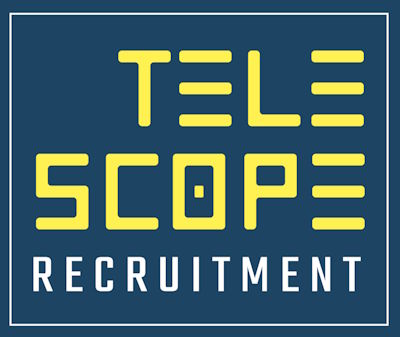Image by freepik
As a recruiter navigating both the United States and Canadian job markets, it’s crucial to understand the distinct landscapes of each to better guide job seekers and employers. Both markets offer unique advantages and face specific challenges, and understanding these nuances can significantly impact the success of recruitment efforts.
The United States, with its colossal economy, drives substantial economic growth and offers a diverse range of job opportunities. This diversity fuels a high job creation rate, particularly in booming sectors like technology, healthcare, and finance. Silicon Valley, for instance, remains the global epicenter of technological innovation, attracting top talent and offering lucrative positions. Similarly, New York City is a finance hub providing extensive opportunities in banking, investment, and financial services. However, the US job market is also marked by volatility, with more frequent fluctuations in unemployment rates and job stability. This volatility can be challenging for both employers and job seekers, requiring a strategic approach to navigate the highs and lows.
On the wage front, the US generally offers higher average wages, especially in major metropolitan areas. This can be a significant draw for top talent. However, it’s essential to consider the pronounced income inequality and the higher cost of living in these urban centers. The gig economy is another defining feature of the US job market. While it offers flexible work opportunities, it often lacks job security and benefits, making it a double-edged sword for workers.
The COVID-19 pandemic has accelerated the shift towards remote work in the US. Many companies have adopted hybrid or fully remote models, which can be a significant advantage in attracting talent seeking flexibility. However, this shift also brings challenges in maintaining company culture and employee engagement.
Canada’s job market, while smaller, offers a stable and highly developed economy. The country’s robust natural resources and strong financial sector provide a solid foundation for economic stability. Provinces like Alberta and British Columbia are rich in natural resources, offering substantial opportunities in oil, gas, mining, and forestry. Additionally, Canada’s technology sector is rapidly growing, with emerging tech hubs in Toronto, Vancouver, and Montreal focusing on areas like artificial intelligence and fintech.
Canada generally experiences lower and more stable unemployment rates, supported by strong social safety nets and a focus on labor market stability. Competitive wages, coupled with a lower cost of living in many regions, make Canada an attractive destination for talent. The job creation rate is steady, particularly in technology, healthcare, and professional services. The gig economy, while less pronounced than in the US, is growing, especially in urban centers. Remote work is also gaining acceptance, supported by government policies promoting work-life balance.
Workplace culture is another area where the US and Canada diverge. In the US, the workplace is often characterized by a high-pressure, fast-paced environment with a strong emphasis on individual achievement and career advancement. Longer average work hours and fewer vacation days are common, though there is a growing focus on diversity and inclusion. Canadian workplaces, on the other hand, tend to be more collaborative and inclusive, with a strong emphasis on work-life balance. Canadians typically enjoy shorter work hours and more generous vacation policies, supported by government regulations. The country’s high levels of cultural diversity are reflected in inclusive workplace practices and equal opportunities.
For recruiters, understanding these cultural differences is vital. In the US, candidates may prioritize high wages and opportunities for rapid career advancement, while Canadian candidates might value stability, work-life balance, and inclusive workplace practices. Tailoring recruitment strategies to these preferences can enhance the attractiveness of job opportunities and improve the chances of securing top talent.
In conclusion, both the US and Canadian job markets offer distinct advantages and challenges. The US market is characterized by higher wages, dynamic economic growth, and extensive opportunities in key sectors but comes with greater volatility and income inequality. Canada offers stability, a collaborative culture, and growing opportunities in natural resources and technology, with a balanced cost of living. For job seekers, the choice between the two markets may hinge on personal preferences regarding work-life balance, job security, and industry-specific opportunities. As recruiters, understanding these nuances and adapting strategies accordingly is key to attracting and retaining top talent in both countries.
Partnering with Telescope Recruitment means embracing a visionary approach that illuminates your path to success. Together, we will reach new heights and create constellations of success that shine brightly in the cosmic realm of recruitment. Join us today and experience the difference we can make for your organization or career.





